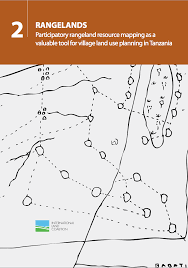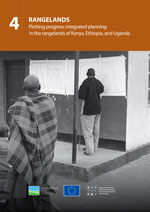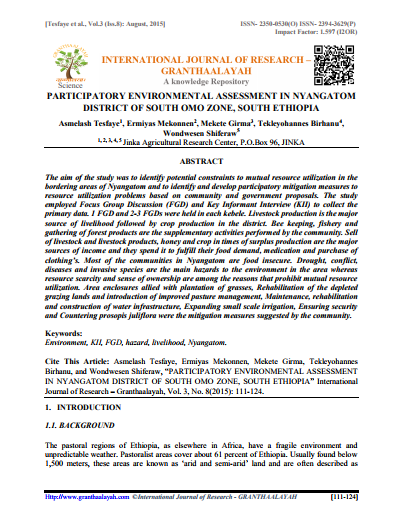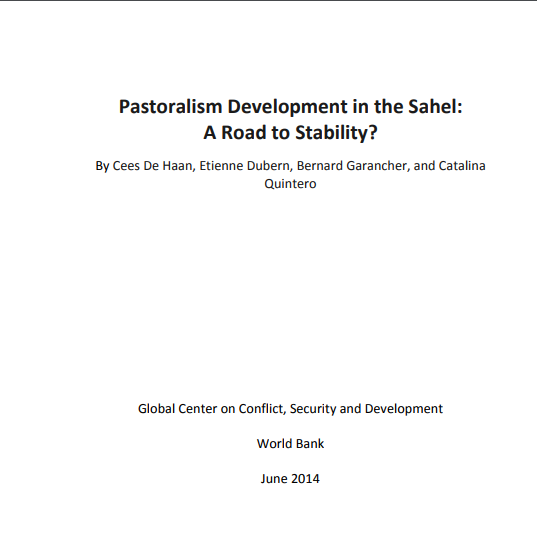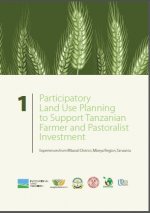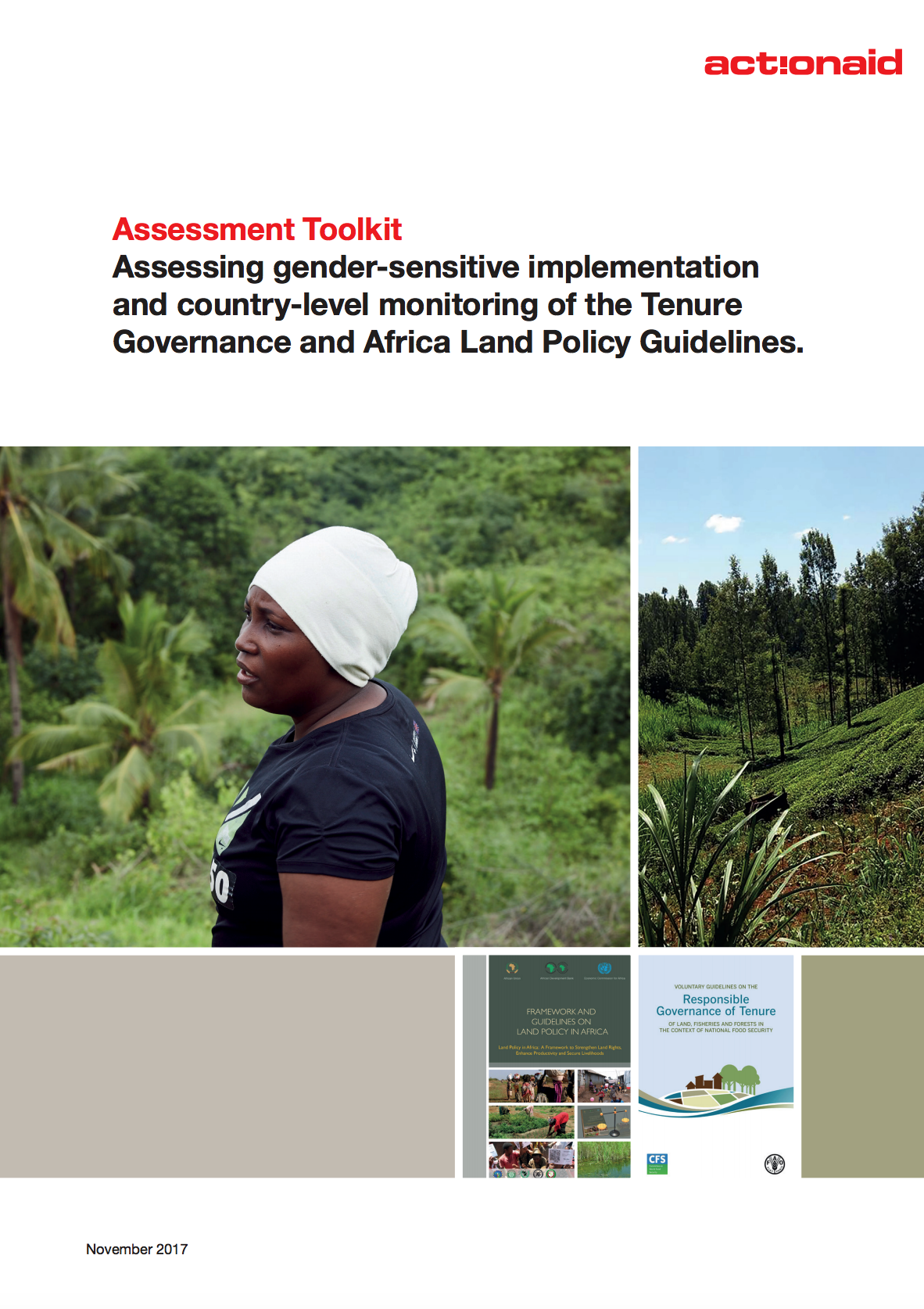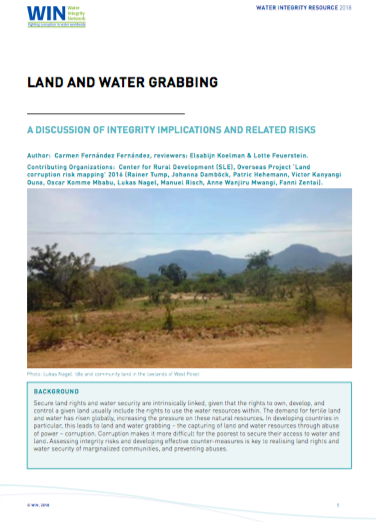Local safety nets help people cope with shocks and stressors and prevent the deepening of poverty and vulnerability
This policy brief draws on three sources of data from a study undertaken in Lesseyton in Lukanji Local Municipality and Willowvale in Mbashe Local Municipality, in the Eastern Cape Province, South Africa.The aim was to understand the vulnerability context of households in the two sites and how they coped with multiple shocks and stresses, with an emphasis on various types of safety nets. Methods included a survey that specifically targeted vulnerable households, data from several community workshops and in-depth life history interviews.


